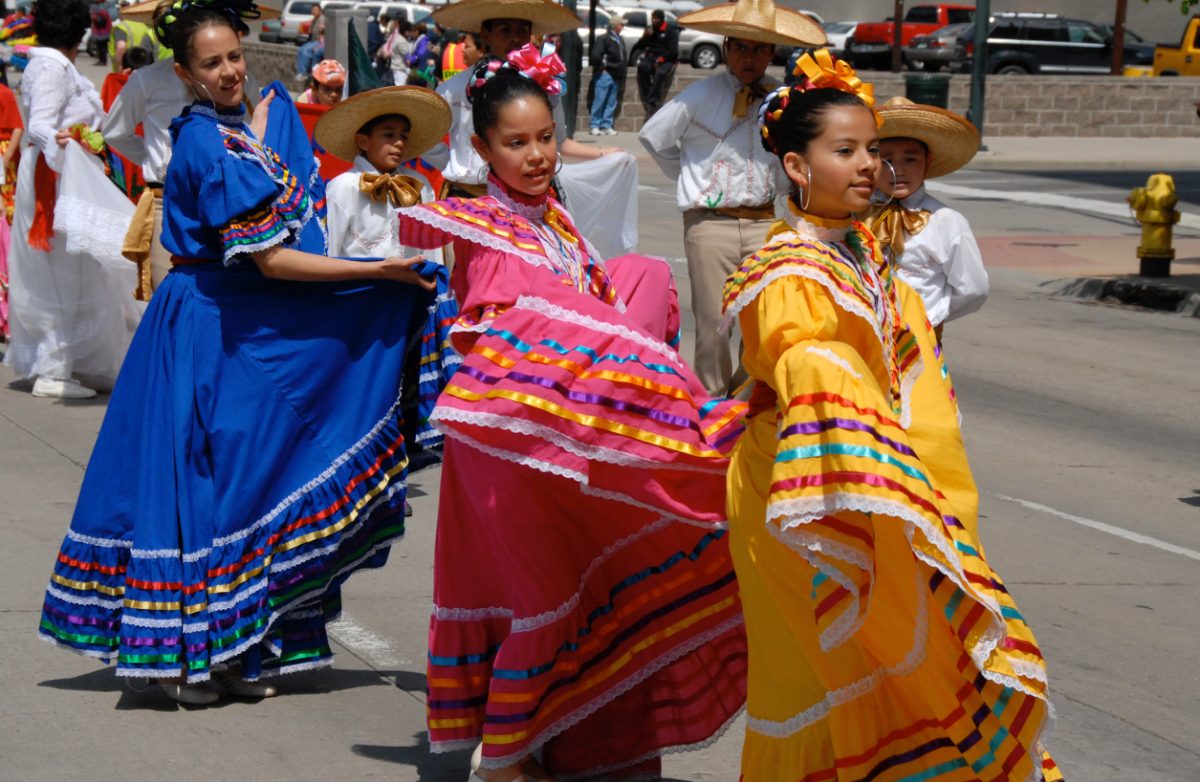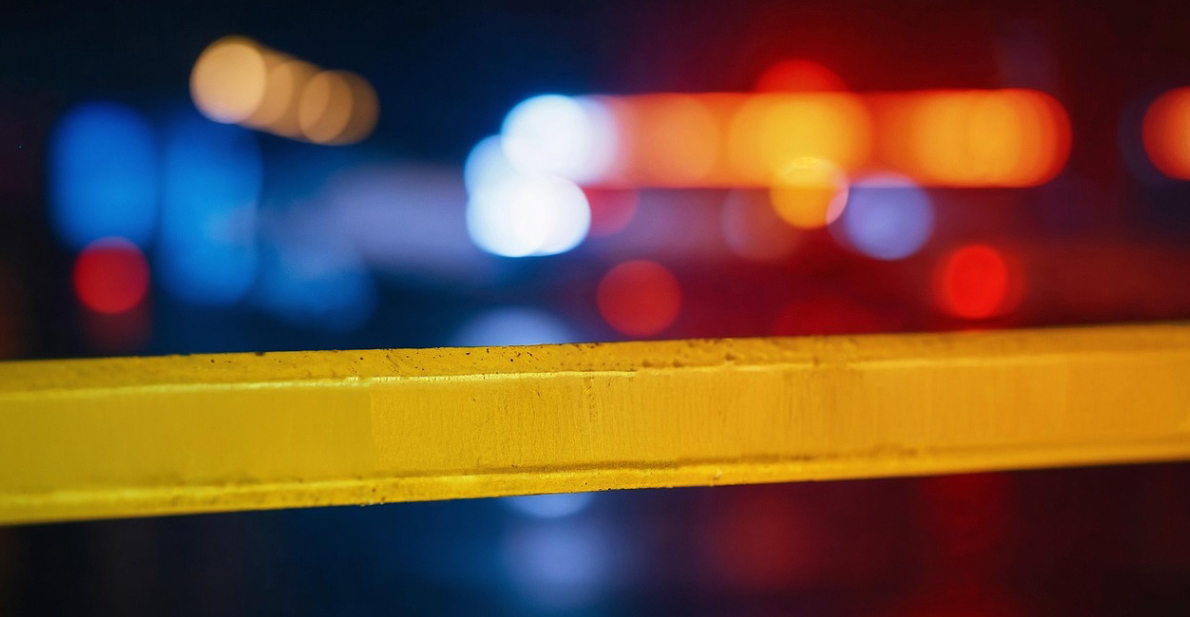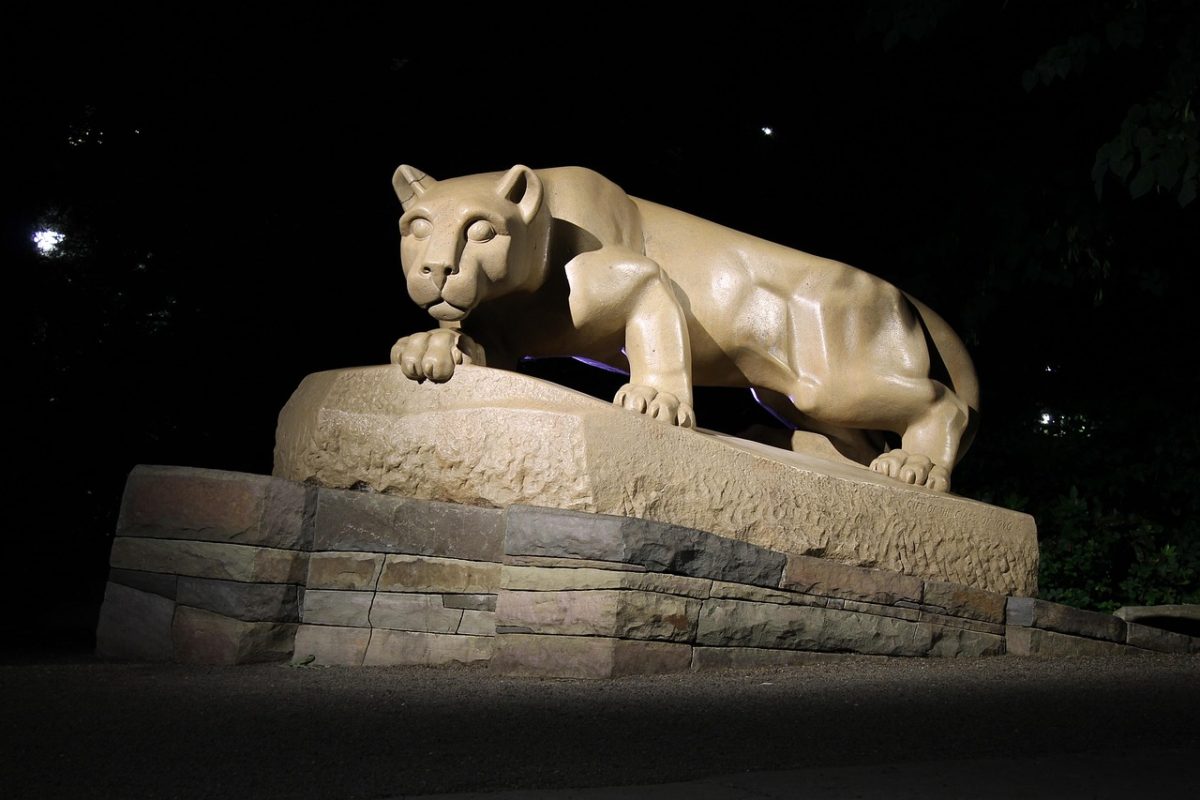Did you know that Pennsylvania has been named the 3rd highest state with the most banned books? Just in the past few months, Pennsylvania has seen over 56 attempts by school districts to ban books or change policies. This may seem like a small number compared to the 500 school districts in PA, but more and more schools are shifting towards radical policies that could forever change education in America, and this is only the beginning.
Teenagers are constantly searching for a way to express their bodily autonomy as they become more independent, something that simply cannot happen if we slowly start stripping away their freedom of choice. By giving students the choice to read what they want, it can help them feel seen. Of course, school boards should have the right to manage their district as it’s their job, but when they cross the line of the freedom to read a simple book, it becomes a big issue. According to First Book, studies have shown that “More than a third of educators noted that book bans discourage students’ critical thinking, and 78 percent reported that students are reading more when given the choice to read banned books.”
School districts seem to be afraid of books that mention accurate depictions of mental health issues, but these conversations are critical to teens. Why are we banning these books when schools are the places that have the highest demographic rates of mental health issues? Reading is therapy for many kids, and when kids can relate to something, they may feel less isolated.
The Supreme Court in Board of Education, Island Trees Union Free School District v. Pico (1982) ruled 5-4 that public schools can bar books that are “pervasively vulgar” or not right for the curriculum, but they cannot remove books “simply because they dislike the ideas contained in those books.” The Court’s decision was, however, narrow, applying only to the removal of books from school library shelves.
With all this being said, where do we draw the line? Should there be a legitimate definition of what is inappropriate for a child to read and what is not? Finally, should school districts have the option at all to restrict books based on their opinions on the subject? The American Library Association urges you to do whatever you can to prevent this violation of student’s education by attending Banned Book seminars and meetings or even creating your own local club. By raising awareness in your community, more and more people will come together and realize that books are an expression of the mind, something that is vital for the development of children. If we let the government and school boards control our autonomy, even in the smallest of ways, things will only get worse.







